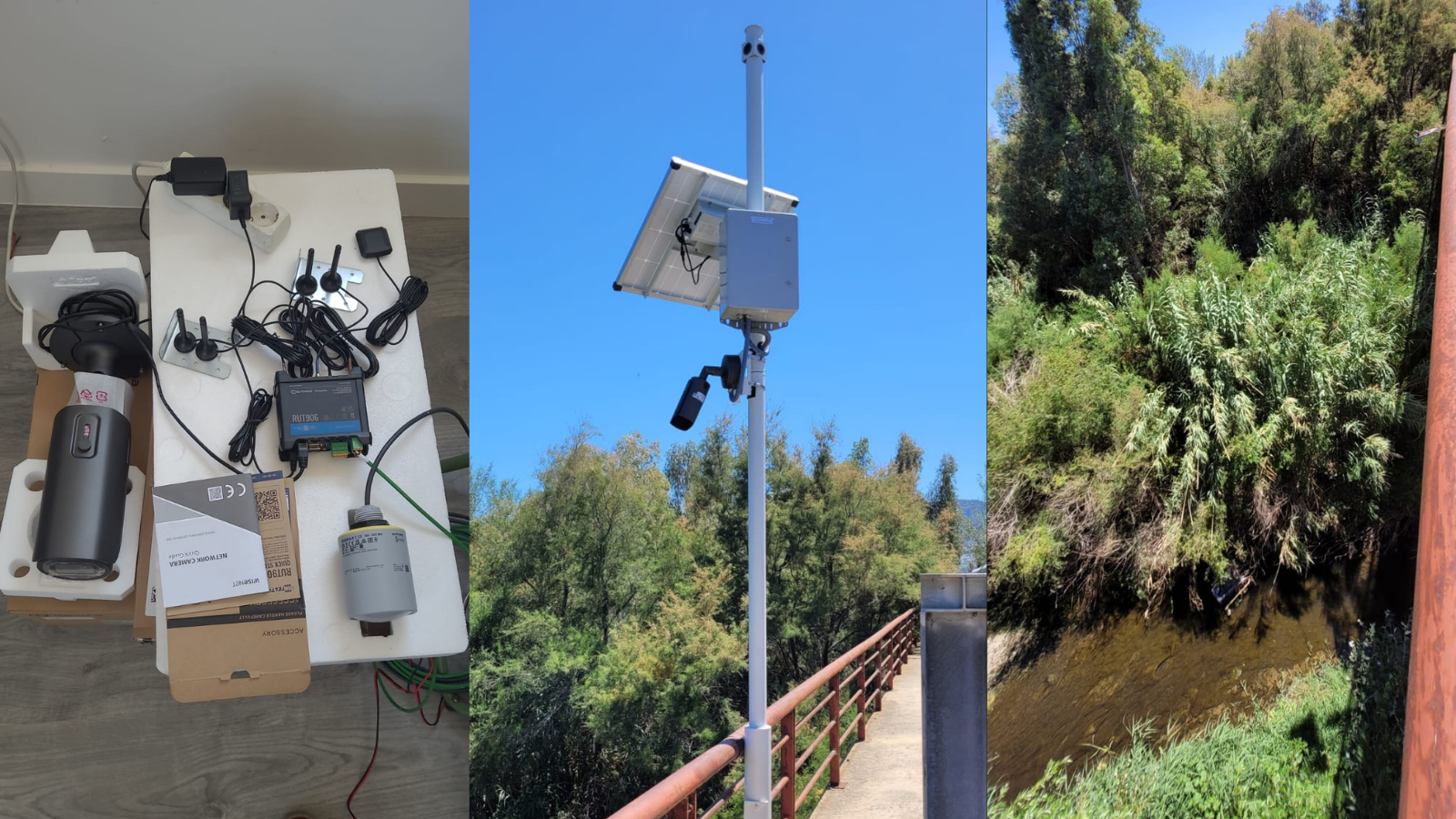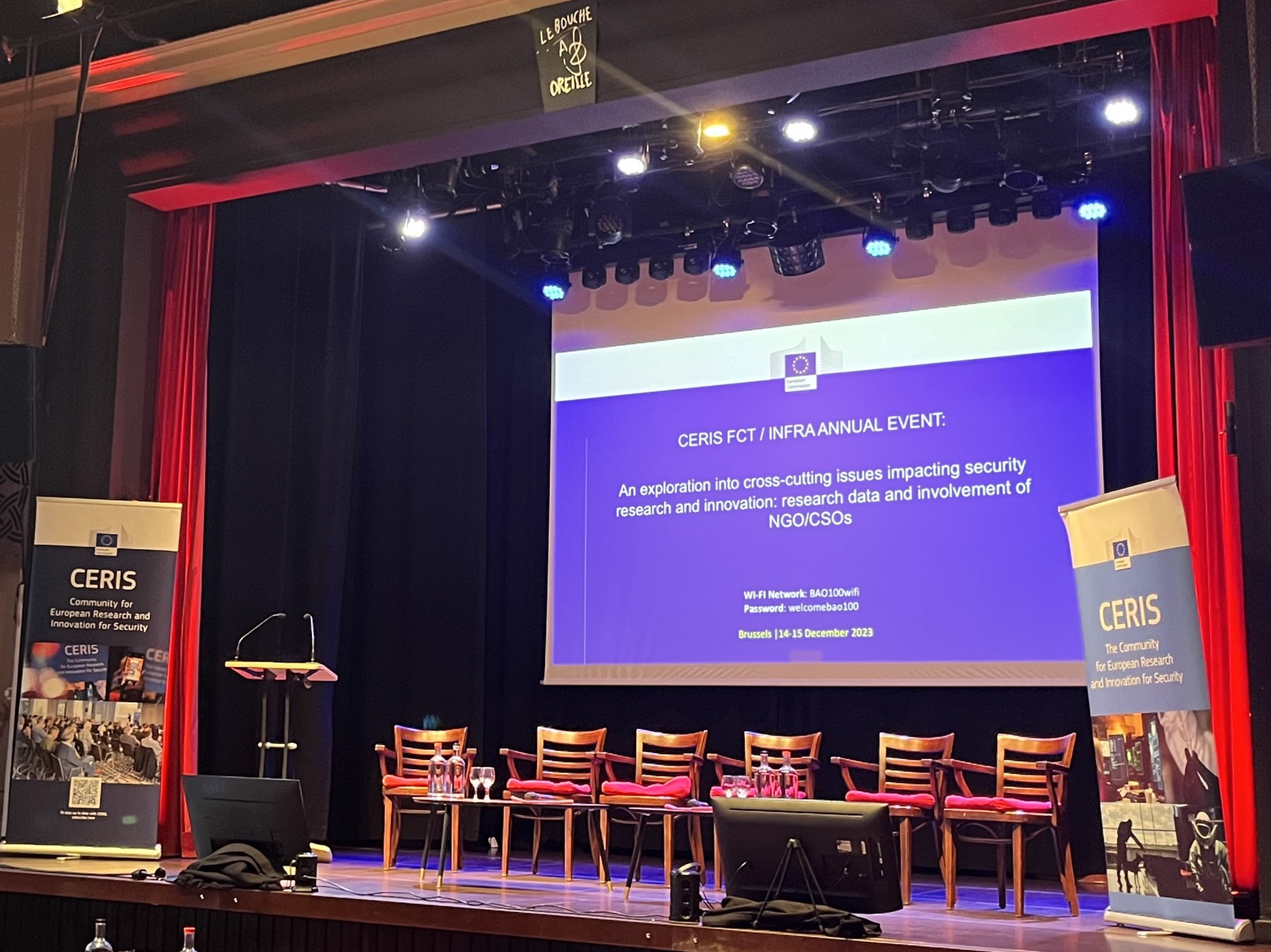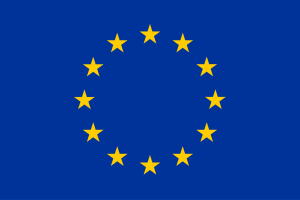What are the most urgent needs of LEAs and prosecutors in fighting environmental crimes?
Emeritus and Perivallon held a co-creation session on the urgent needs and tools for fighting waste-related environmental crimes.
Another important milestone in the Emeritus and Perivallon cooperation has been made. Last week, the two innovation projects hosted an open discussion with ENPE (European Network of Prosecutors for the Environment) and and IMPEL (European Union Network for the Implementation and Enforcement of Environmental Law) about the needs of stakeholders involved in the investigation and prosecution of waste-related environmental crimes and technological tools under development to address current challenges.
The online co-creation session started with the presentation of the two projects’ frameworks and some preliminary results of the recent Emeritus’ testing operations in Calvarina. This led to pinpointing a relevant potential complementarity between the two projects, as Perivallon is focusing on remote sensing testing operations and will focus, as a next step, on drones’ operations – activities that can complement future Emeritus’ testing operations.
The open discussion on needs and tools assessment
The open discussion started with a first question enquiring about the main challenges and needs LEAs and prosecutors are currently experiencing. Representatives from IMPEL identified four main challenges and needs, namely:
- Technologies: authorities have fewer technologies available than operators, and they have to know how to use those technologies to detect breaches not to inspect the vast entirety of the territory. In other words, it is important to understand where to investigateto make sense of the collected data and to optimise resources.
- There is a need to make environmental crimes less profitable for criminals: nowadays, environmental crimes result in high revenues while being characterised by a low risk of detection. Potential measures to make those crimes less profitable are confiscating assets and revoking licenses.
- Administrative and criminal laws must complement each other more. Furthermore, we should rely more on administrative law and its tools within a jurisdiction and across different countries.
- Assessing and remediating/compensating for the crime(i.e., assessing reimbursement): measuring a crime’s impact on the environment and, in turn, on society as a whole is very difficult due to the lack of technical and evident indicators. In fact, to remediate for a crime, there has to be a “substantial” or “non-negligible” damage recognised in a Court. However, these are difficult to define and assess due to the lack of indicators/thresholds. As such, there is a need to identify clear and technical indicators to make sure to be successful in Court with criminal cases.
The second question focused on the requirements to consider the evidence as court-proof-relevant.
In many European national jurisdictions, aerial images from satellites and drones used to collect evidence must be supported by specific authorisations/protocols issued by the competent authorities before the collection. For instance, an ENPE representative explained that in the UK, permissions to fly drones need to be in place from the beginning. This is very relevant as this makes a strong argument for the Court. An IMPEL representative complemented this point by explaining that, when brought to the Court, satellite and drone data cannot stand alone; it must be backed up by specifications about the date and time when data was collected, its accurate location, source, etc.
Other relevant points and the role of projects such as Emeritus and Perivallon
Other interesting points that were touched upon are:
- An ENPE representative stressed the need for prosecutors to use and be trained in AI tools and techniques. Hence, it iscrucial to establish connections withrelevant stakeholders and projects with these tools and competences like Emeritus and Perivallon.
- The elevated cost of high-quality satellite images and hence the contribution that, e.g., Emeritus can givethrough upscaling aerial images quality and super-resolution.
- Final relevant points were the high cost of machine learning to improve AI (which could be reduced by enhancing public databases), the lack of skills within police forces to, e.g., operate drones, the procedural burden to purchase this latter and their high cost, as well as the procedural obstacles (e.g. the duration of the procurement process). Projects like Emeritus and Perivallon can facilitate LEAs and prosecutors’ work by providing tools (i.e., drones) and expertise.
This co-creation session is intended to be the first of a longer series of collaboration actions to be launched during both projects’ implementation period. It successfully led to identifying relevant needs and difficulties LEAs and prosecutors face in fighting waste-related environmental crimes and, in turn, the critical contributions that innovative projects like Emeritus and Perivallon can give.





